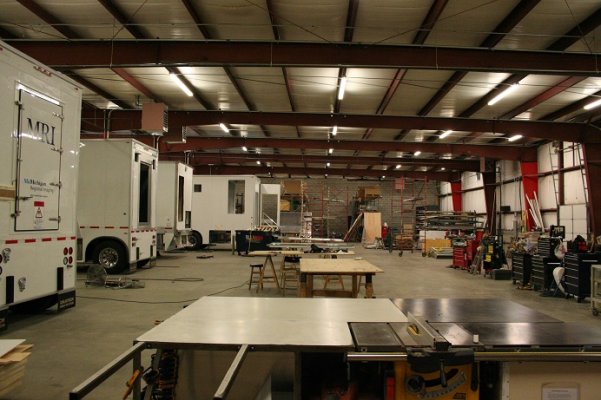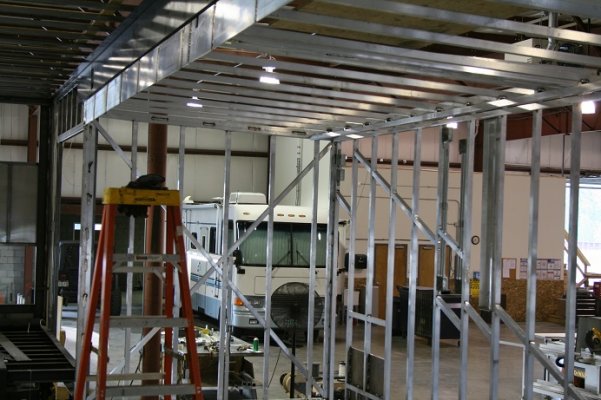I've been scouring forums and posts in my free time for weeks trying to get a handle on an excellent class A RV for full-time living. No one seems to have an answer. It's always "it depends" on factors that are never quite enumerated. I'll enumerate my factors below.
I have $150,000 to spend on a used Class A DP. I've decided I want the Class A roominess/features and the diesel engine. I will live in it full time, in climates from Texas to Alaska in all sorts of weather (though Alaska I will avoid winter - but I can foresee encountering negative temps regularly in winter wherever I am). However, from what I've read, most of the major name brand RV's won't stand up to full time living in four seasons without causing major damage/major headaches/major discomfort.
If this isn't the case - please let me know by listing a manufacturer/model that is rated for full-time living - whether or not it's in my budget, but preferably within my used budget. Also from my research it seems that most RV manufacturers will deny certain warranty claims if the vehicle is being lived in full time.
If there are excellent 5th wheels for full time/four season living then I may consider changing my mind on the Class A. I've looked into some Canadian companies that I read were recommended, but none that I saw, of those recommended, had Class A's or 5th wheels.
Thank you in advance!
P.S. - I've read all the "it's not a house", or "no one could afford an RV that they could really live in full-time in four seasons"... No need to post that if that's the advice.
I have $150,000 to spend on a used Class A DP. I've decided I want the Class A roominess/features and the diesel engine. I will live in it full time, in climates from Texas to Alaska in all sorts of weather (though Alaska I will avoid winter - but I can foresee encountering negative temps regularly in winter wherever I am). However, from what I've read, most of the major name brand RV's won't stand up to full time living in four seasons without causing major damage/major headaches/major discomfort.
If this isn't the case - please let me know by listing a manufacturer/model that is rated for full-time living - whether or not it's in my budget, but preferably within my used budget. Also from my research it seems that most RV manufacturers will deny certain warranty claims if the vehicle is being lived in full time.
If there are excellent 5th wheels for full time/four season living then I may consider changing my mind on the Class A. I've looked into some Canadian companies that I read were recommended, but none that I saw, of those recommended, had Class A's or 5th wheels.
Thank you in advance!
P.S. - I've read all the "it's not a house", or "no one could afford an RV that they could really live in full-time in four seasons"... No need to post that if that's the advice.


